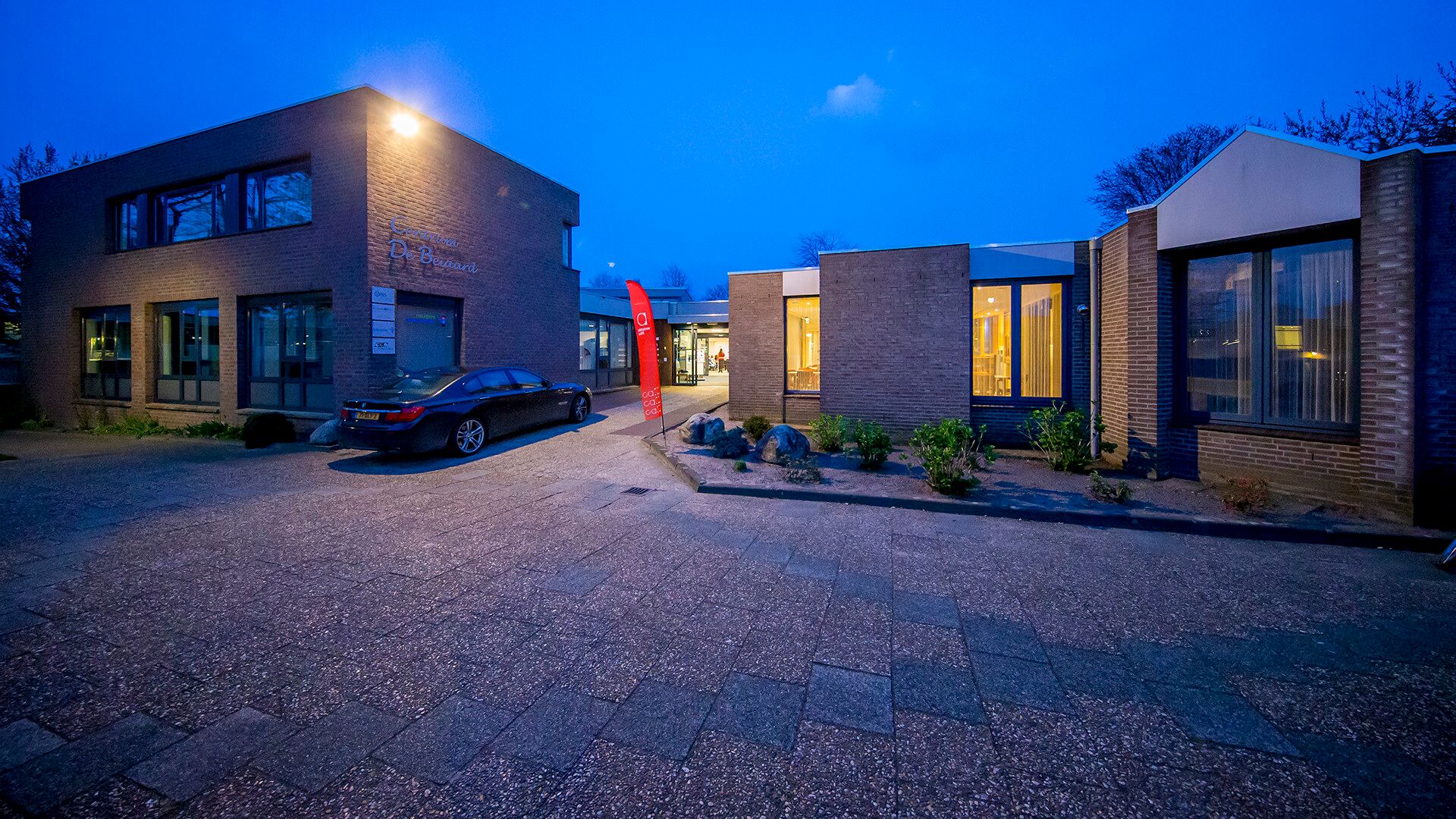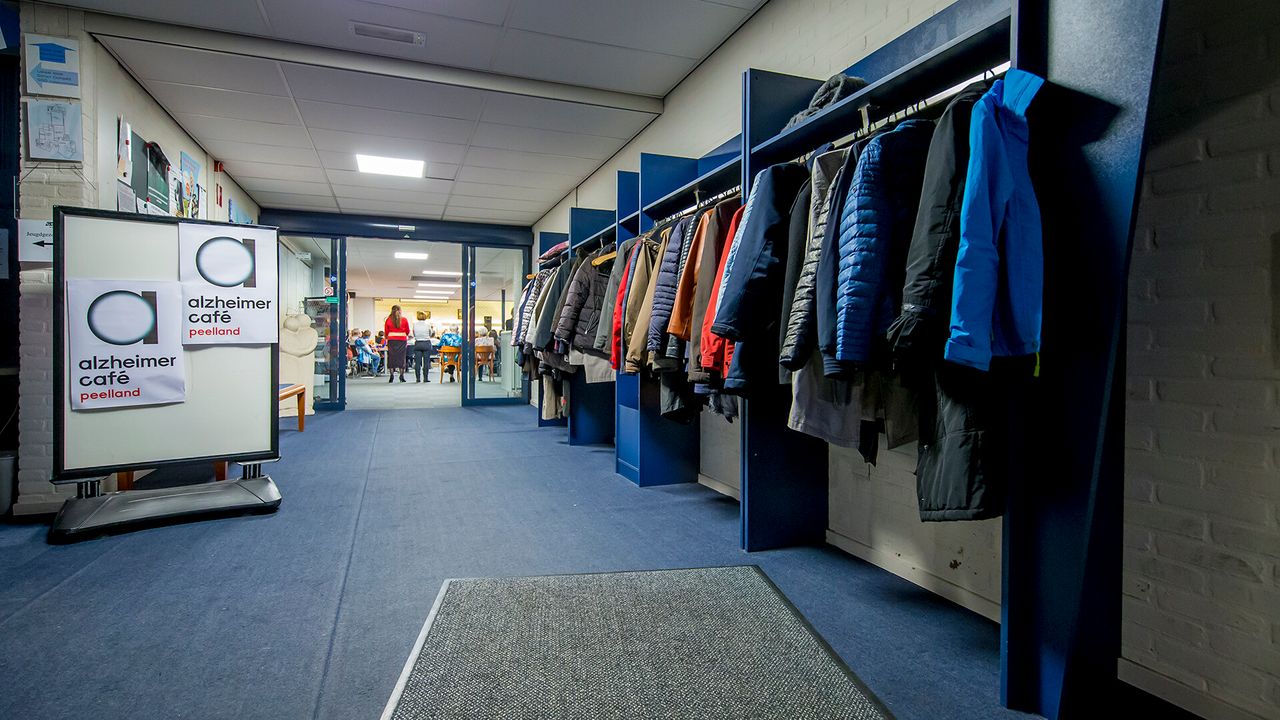On Tuesday, October 4, Alzheimer’s Café Peelland held a meeting on ‘Dementia, grief and loss’: a difficult subject.
More than forty people had come to De Beiaard in Asten on this subject. Discussion leader Hannie Derksen spoke with Astense Irene Kersten before the break. Irene worked for the police for a long time and then had to deal with all kinds of ferocious situations. She later continued to study the behavior of people in traumatic situations and crises. You now own a company that allows organizations, schools and companies to optimally cope with crisis situations and to offer the people involved effective after-sales assistance. You can therefore rightly be called an expert.
In the event of a serious event, this does not only have consequences for the first person involved. Your partner, children, friends, co-workers, or employer are also involved to a greater or lesser extent in the processing of the trauma or the processing of the loss. The question “How do you handle serious events?” therefore it does not have a unique answer. Each person – partly depending on the relationship – reacts differently. Listening to the diagnosis of dementia can also be considered a serious event. This may be clear on the one hand (“Now I understand my partner’s reactions or behavior”), on the other hand it raises many questions (“What is happening to us? How should we deal with it?). There is no detailed plan for everyone on how to deal with these issues (bereavement, loss, dementia). However, it can be said in general: “Talk to each other, support each other, show understanding and give space to each one’s own way of processing. Show the bereaved person that you are there. for him / her, go there with a pot of soup, offer to mow the lawn or ask if there’s anything you can do, “Irene said.
And don’t forget the (grandchildren). They also have questions and emotions when the grandfather or grandmother die and when they see the dementia process. Start the conversation in understandable language. (Printed) books can help in this regard.
After the break there was an opportunity to ask questions. They came in abundance. Not all of them were related to the theme of grief and loss, but they arose from the daily practice of informal caregivers for a person with dementia.
For example: why can a person with dementia be annoying, snappy, and even aggressive towards the closest caregiver and spin like a leaf in a tree when someone else walks in?
Or: because a daytime activity is a great solution for one person and another person cannot be persuaded to do it.
And this: Even a person with dementia enters a “grieving process” or may face the death of a loved one. How do you live all this?
Irene tried to explain everything, but even answering these questions it seems that it can be different for every situation and for every person. Essential when dealing with pain and loss: to show love, to be understanding, to have patience, to give space and time to everyone’s feelings.
Irene used another beautiful image that can provide guidance in a seemingly hopeless situation: in a boat it takes two paddles to navigate forward, otherwise it turns in circles: one paddle is loss oriented and the other is oriented towards future. So you might think about the loss and how it all was, but also worry about the future.

Alzheimer Cafe Peelland inauguration
Rob Fritsen
The Alzheimer’s Café on November 1 has the theme “Young people with dementia”.
It will only happen to you that you are told that you have dementia at the age of 40. You are still in the prime of your life. How do you deal with it? What are you running into? For example, can you continue to work? And if so, for how long? How do you tell your colleagues about it? And what is the impact on your environment? To your children, who are often still small? On your partner?
Discussion leader Jac Huijsmans will speak with Martine Doorenbosch, case manager (young) dementia at De Zorgboog.
The ACP on December 6 is dedicated to the fifth anniversary of Alzheimer’s Café Peelland.
Then there is a play by the Theater Aan De Lijn. Two sisters and a brother, all three elderly, try to find out who has dementia. It will be a cheerful and clownish performance. Recommended.
The meetings will take place in the center of De Beiaard in Asten, starting at 19.30 (doors open from 19) and ending at 21. The first cup of coffee is free.


